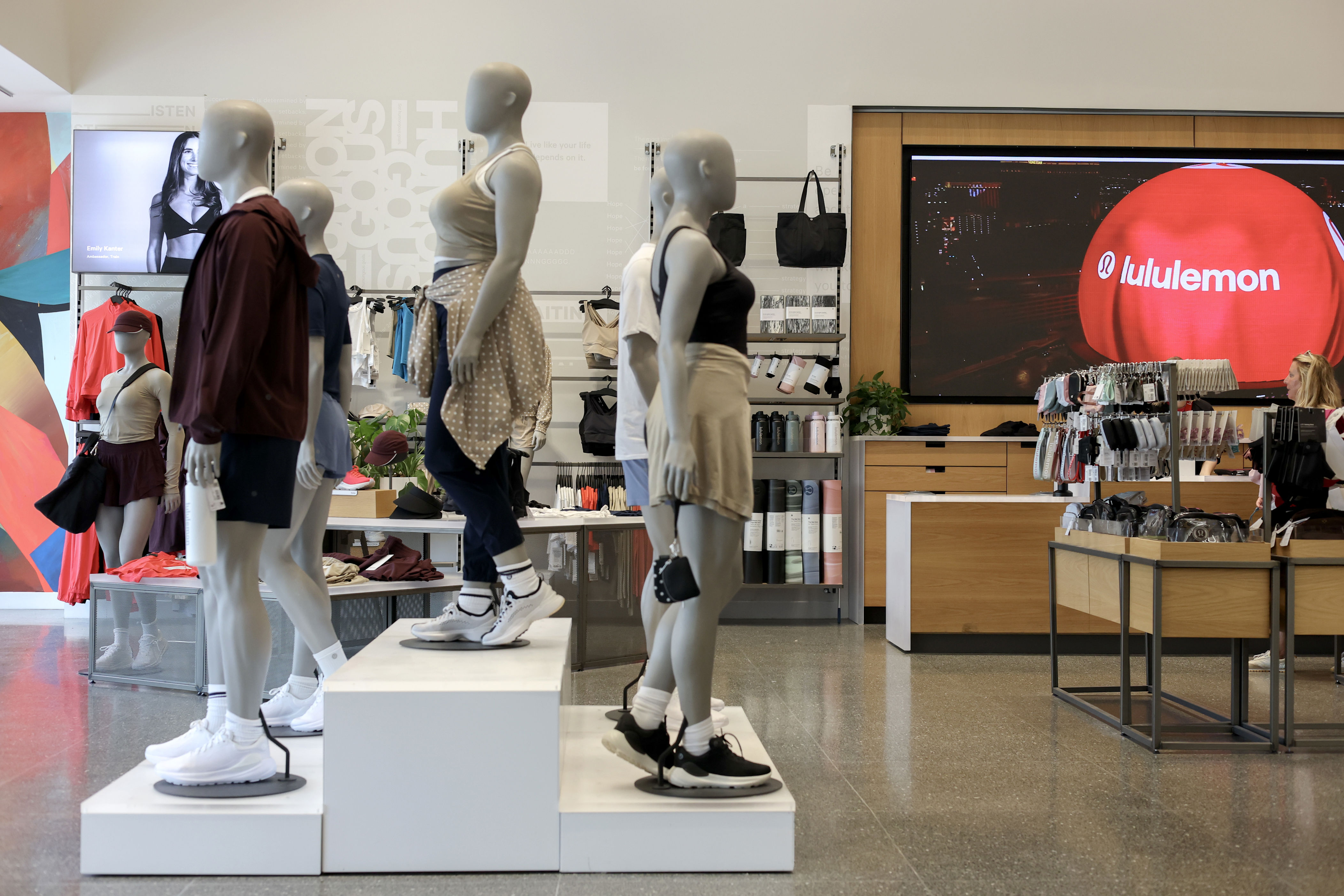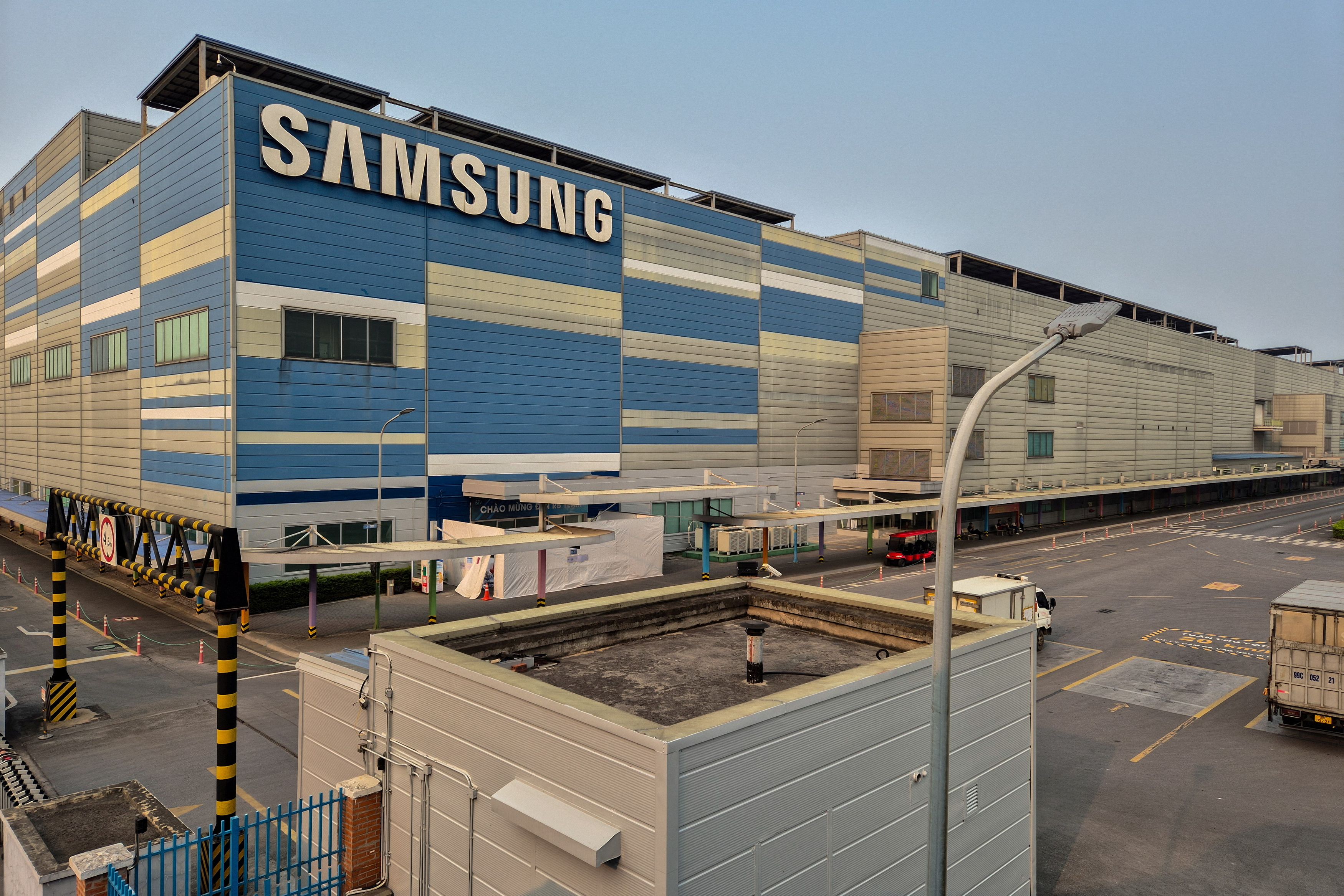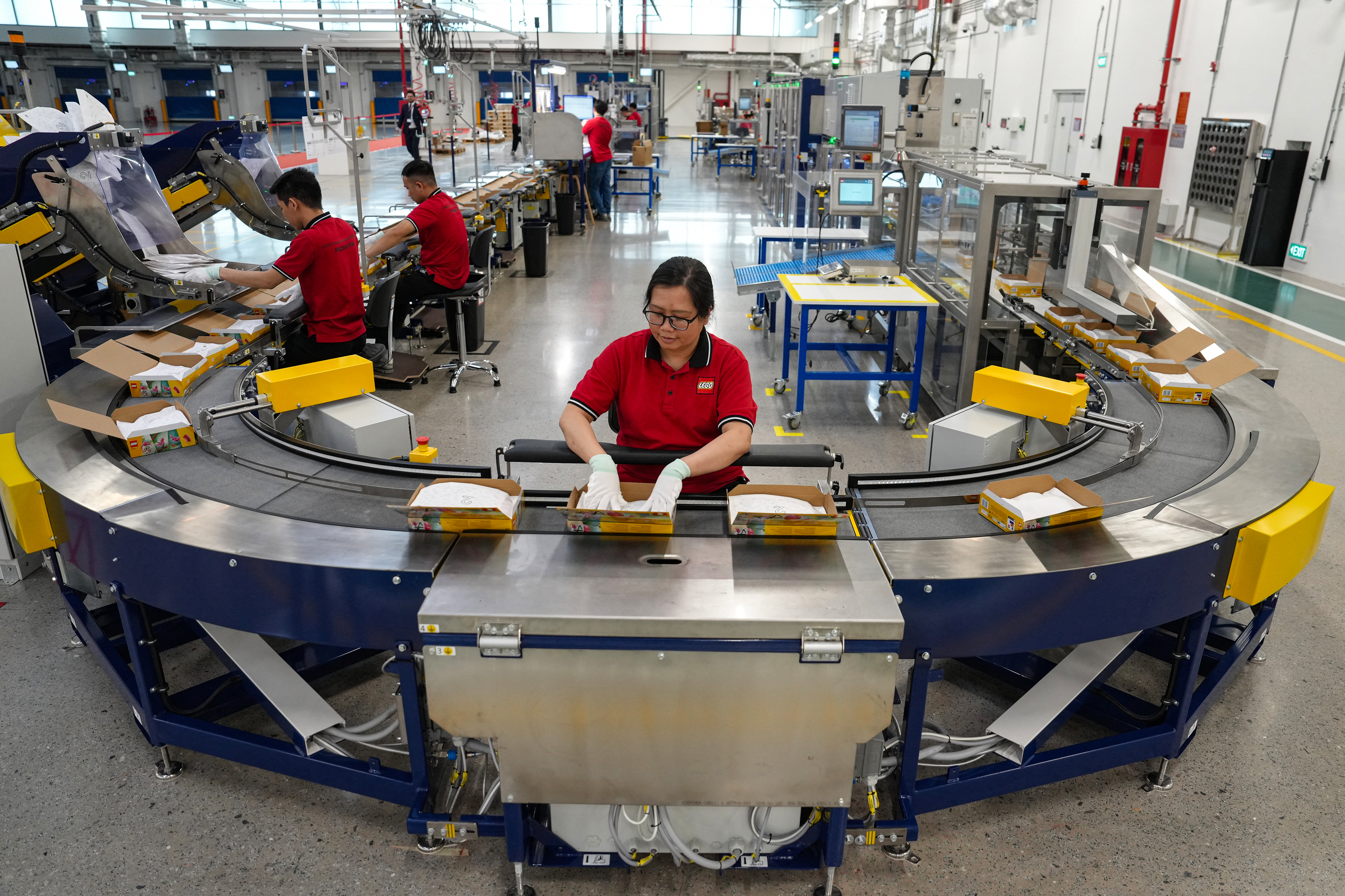As President Donald Trump changed his stance on significant international tariffs
Wednesday
Few nations felt greater relief than Vietnam, which was anticipating a substantial 46 percent tariff rate—this potential burden loomed over its rapidly expanding export-driven manufacturing industry, making it the quickest growing economy in Southeast Asia.
Vietnam plays a crucial role in the supply chains delivering items such as running shoes, patio furniture, and iPads to U.S. consumers. Although President Trump’s suggested tariffs on these goods have been delayed for three months, experts predict that Vietnam will still encounter difficult decisions ahead.
“It doesn’t mean that Vietnam is out of the woods,” stated Roland Rajah, who leads economics research at the Lowy Institute, an Australian think tank.
Trump’s preoccupation with China could leave nearby Vietnam exposed, particularly since it has been viewed as a significant “loophole” for Chinese firms trying to dodge tariffs. This situation forces Vietnam to grapple with the dilemma of deciding if it should decouple its economy from China in order to maintain entry into the U.S. market, which represents almost a third of their exports.
gross domestic product
However, even though the United States represents Vietnam’s primary export destination, China stands as the nation’s leading trade ally, as reported.
World Trade Organization
.
Chinese President Xi Jinping is scheduled to visit Hanoi next week, and Vietnamese officials say trade will top the agenda. Xi said Wednesday that China will make it a priority to build closer relations with its neighbors.
Meanwhile, Vietnam’s deputy prime minister traveled to Washington and met Wednesday with U.S. Trade Representative Jamieson Greer. “The deputy prime minister proposed that, although the U.S. has decided to delay the tariff imposition for 90 days, the two countries should promptly negotiate a bilateral trade agreement,” Vietnamese state media reported Thursday. During the pause, Vietnam still faces a 10 percent duty on exports to the United States.
In recent weeks, Vietnamese authorities have proposed purchasing additional American aircraft and military gear while also eliminating all tariffs on goods imported from the U.S. into Vietnam. However, President Trump’s trade advisor, Peter Navarro, has stated that this wouldn’t resolve the fundamental problem.
“If Vietnam’s tariffs were reduced to zero, we would likely still face a roughly $120 billion trade deficit,” Navarro stated on Sunday. He explained that the main problem lies in “non-tariff manipulation.” This includes practices like transshipping, where Chinese producers send their goods through Vietnamese harbors—or export parts to Vietnam for assembly before shipping them to the U.S.”

Economists say Vietnam, a poor country with little purchasing power, cannot realistically close its trade imbalance with the U.S. But the president’s tariff threats could pressure Vietnamese leaders to seriously tackle transshipment.
Some analysts think the U.S. and Vietnam could craft a tariff system that differentiates between goods manufactured entirely in Vietnam and those assembled in Vietnam with Chinese parts.
Tran Quoc Manh, who leads Sadaco, a furniture manufacturer located near Ho Chi Minh City, expressed his backing for this strategy. “Our operations are completely open,” Manh stated. “We have absolutely no connections with any Chinese firms.” He mentioned that he feels annoyed because Vietnamese enterprises often get labeled as tariff evaders, adding that his firm brings in wood from America.
If there is a clampdown on transshipments, it remains uncertain how such measures will be enforced and just how rigorous U.S. supervision will be.
If they start asking about the origin of the bolts, the source of the metals, whether it was processed in Vietnam or China… this could lead to significant complications,” explained Vittorio Guglielmi, CEO of Talento House, a Vietnamese furniture manufacturer. “The challenge lies in determining where to set these boundaries.

Vietnam was broadly recognized as one of the primary winners from Trump’s initial trade conflict. Upon the imposition of tariffs on Beijing in 2018 by the U.S., numerous Chinese producers serving American companies shifted their operations southward to Vietnam, pouring billions into developing new industrial zones.
Between 2017 and 2023, the number of Apple suppliers in Vietnam increased over two-fold due to major Chinese electronics firms like Foxconn, Goertek, and BYD establishing extensive manufacturing facilities in previously quiet regions of the nation’s northern area.
Trump’s second trade war has called into the question the viability of what is known as the “
China plus one
Some experts suggest that if the U.S. decides to crack down on all “loopholes,” businesses might not find it worthwhile to relocate to Vietnam solely as a means to avoid tariffs, according to Jayant Menon, a previous chief economist at the Asian Development Bank.
On the contrary, if Trump’s objective is to push Chinese manufacturing outside of China, firms similar to Foxconn might have to relocate significant portions of their supply chains from the country to locations like Vietnam, according to Tyler Manh Dung Nguyen, who serves as the chief market strategist at Ho Chi Minh Securities Corp.

For the 17 million factory workers in Vietnam, the situation is extremely critical. In recent days, trade organizations have alerted about potential widespread job cuts as several American purchasers started withdrawing their purchasing contracts from Vietnamese suppliers.
Since 2021, the Chinese tech behemoth BYD has invested hundreds of millions of dollars into an industrial complex in Phu Tho dedicated to repairing and producing Apple tablets and headphones. According to employee Mai Dao, who is 33 years old, her $360 monthly income helps sustain her two kids. Meanwhile, another staff member named Phi Ngoc Anh, aged 18, mentioned that she sets aside part of her earnings every month for refurbishing their family residence.
Both women expressed disappointment over their employers’ recent decision to eliminate overtime opportunities and start dismissing employees earlier, which has led to reduced earnings. “If things keep going this way at the company, my quality of life isn’t likely to get better,” remarked Anh.
Chinese vendors significantly impact Vietnam’s garment sector, an industry that provides jobs for over 2.7 million individuals, mostly women, as per official statistics. This week, when American purchasers started revising their contracts, the Vietnam Textile and Apparel Association cautioned that a reduction of US orders by just 20% might result in losing employment opportunities for more than 500,000 workers.
Nguyen Bich Tuyen, who is 39 years old, has been employed in factories in Ho Chi Minh City for twenty years, meticulously completing the final stages of production for footwear brands like Adidas and Reebok. The announcement of tariffs by Trump caused her significant worry about what lies ahead. “I am getting older,” she stated. “Wouldn’t it be difficult to secure another position?”
On Tuesday, Vietnamese Prime Minister Pham Minh Chinh convened high-ranking officials and prominent business figures in Hanoi to advocate for maintaining composure, emphasizing that the administration would persistently negotiate without succumbing to alarm, disarray, or dread. He pointed out that although the United States represents Vietnam’s leading export destination, it isn’t their sole trading partner.
Travis Mitchell, who serves as the executive director of the American Chamber of Commerce in Ho Chi Minh City, mentioned that although the chamber’s member companies felt “reassured and optimistic” due to Trump’s decision to halt proceedings, the instability witnessed over the past week has negatively impacted America’s standing.
Talento House exclusively supplies its products to major U.S. retail chains like Uttermost and Williams-Sonoma. According to Guglielmi, American market demands were consistently strong for many years, making international expansion unnecessary. However, this situation “definitely” shifted just recently. Regardless of future developments, he noted that the firm is already actively seeking out new markets.
Nhung Nguyen in Ho Chi Minh City contributed to this report.